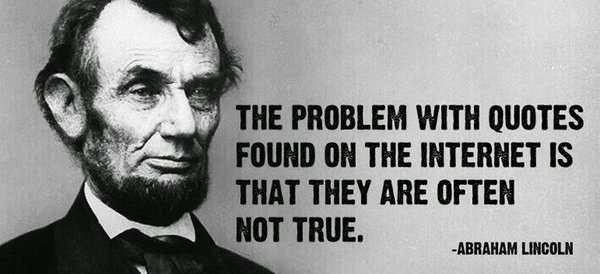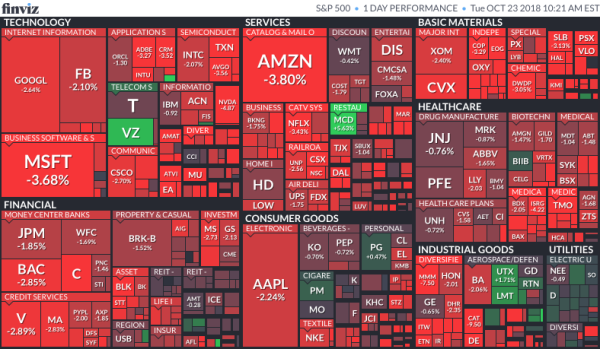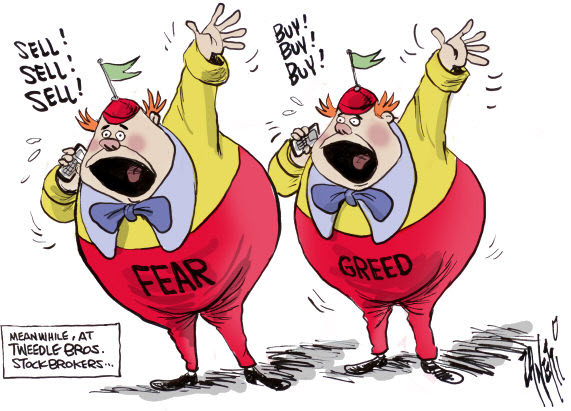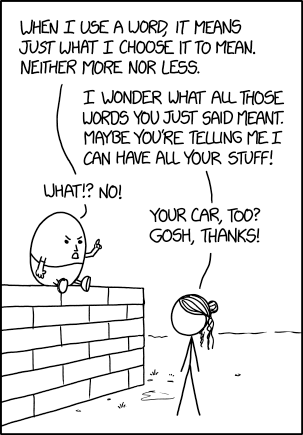Man acts as though he were the shaper and master of language, while in fact language remains the master of man. – Martin Heidegger
Words are powerful. They can be used to define reality, obscure reality, create reality. They can be constructive and destructive, uplifting and demoralizing. Their power is seemingly limitless.
We created language to aid social interactions and to facilitate our understanding of the world, but it not only becomes a constraint in how we perceive the world, but a limitation in our understanding of new advances in technology.
Before I go into where language fails us, it’s important to understand why language is so important.
Language Facilitates Our Growth
Because without our language, we have lost ourselves. Who are we without our words? – Melina Marchetta
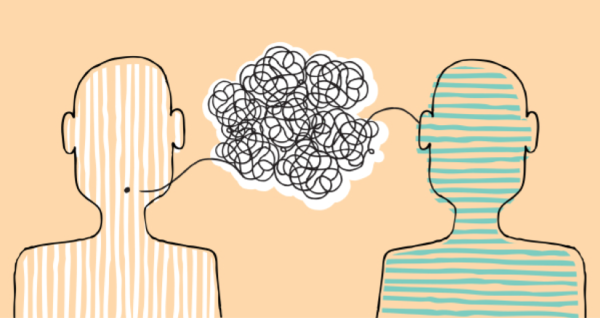
Language is one of the major keys to advanced thought. As infants we learn through watching our environment, reading faces and body language, contemplating. As we begin to understand language our brains develop faster.
It's this ability to cooperate and share expertise that has allowed us to build complex societies and advance technologically – but it is becoming an increasingly inadequate tool.
What happens when we don't have a word for something?
The limits of my language mean the limits of my world – Ludwig Wittgenstein
English is famous for coopting words from other languages; there are many cases of languages having nuanced words that you can't express well in other languages.
- Schadenfreude – German for pleasure derived by someone from another person's misfortune.
- Layogenic – Tagalog for someone who looks good from afar but appears less and less attractive closer as you see the person closer
- Koi No Yokan – Japanese for the sense upon first meeting a person that the two of you are going to fall in love
- And more…
Expressing new concepts opens up our minds to new areas of inquiry. In the same vein, the lack of an appropriate concept or word often limits our understanding.
An artist who has studied extensively for many years can often tell you a work is a fake but not tell you why. A professional athlete can recognize the potential in an amateur much better than a bystander.
They’re subconsciously evaluating factors that others couldn’t consciously evaluate.
Language as a Limitation
When it comes to atoms, language can be used only as in poetry. The poet, too, is not nearly so concerned with describing facts as with creating images. -Niels Bohr
In Buddhism, there's the idea of an Ultimate Reality and a Conventional Reality. The Ultimate Reality is the objective nature of something and the Conventional is tied inextricably to our cognition – heavily influenced by our language. Language conveys cultural values and biases, personal values and biases, and influences how we perceive “reality”.
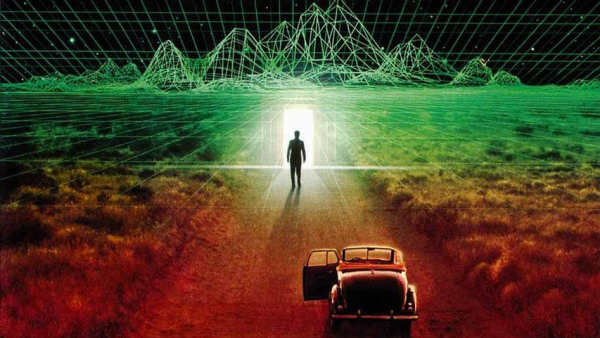
To paraphrase philosopher David Hume, our perception of the world is drawn from ideas and impressions. Ideas can only ever be derived from our impressions through a process that often leads us to contradictions and logical fallacies.
Instead of exploring the true nature of things or thinking abstractly, language sifts and categorizes experiences into our previous heuristics. When you're concerned about survival those heuristics save you a lot of energy; when you're trying to expand the breadth and depth of humanities’ capabilities they’re a hindrance.
The world around us is growing and changing faster than ever and our complexities are increasing exponentially. It will only get harder to describe the variety and magnificence of existence with our lexicon … so why try?
We personify the world around us and it limits our creativity. Many of humanity’s greatest inventions came from skepticism, abstractions and disassociations from norms.
A mind enclosed in language is in prison. – Simone Weil
What could we create if we let go of language and our intertwined belief systems?
When people come into my office, they often ask the question: When will A.I. have human-like consciousness?
I could attempt to answer this, but I find it more helpful to deconstruct the idea because I believe it’s a presumptive question based on our inclination toward personification & past heuristics.
For AI, Consciousness is likely a misnomer.
What is consciousness, and what makes us think that for technology to surpass us it needs it? The idea that A.I. will eventually have a "consciousness" is a symptom of our own linguistic biases.
Artificial consciousness may not be anything like human consciousness in the same way that alien lifeforms may not be carbon-based. An advanced AI could solve problems that even the brightest humans are unable to solve, but, being made of silicon, may never have a conscious experience. It likely won’t feel emotions, shame, or greed.
Humans Are The Real Black Box
But if thought corrupts language, language can also corrupt thought – George Orwell

Humans are nuanced and non-rational creatures. We’re prone to cognitive biases, fear, greed, and discretionary mistakes. We create heuristics on previous experiences, and we can’t process information as cleanly or efficiently as a computer. We unfailingly search for meaning where there often isn’t any.
When scientists use expensive brain-scanning machines, they can’t make sense of what they see. When humans give explanations for their own behavior, they’re often inaccurate – more like retrospective rationalizations or confabulations than summaries of the complex computer that is the human brain.
Artificial Intelligence is programmed; it is precise and predictable. It doesn’t rely on instinct and is only influenced by the coding used to create it and the data fed to it; this creates an inherent transparency. As well, AI is already showing evidence of being better than the experts in various cases (here’s a particularly interesting case with pneumonia detection)
If we (and by we, I mean whoever created the specific AI) understands what they did to create it, if it’s performing consistently with its programming, and it’s getting the desired results then we don’t need to understand how or why it’s succeeding.
Do you agree? What do you think?
